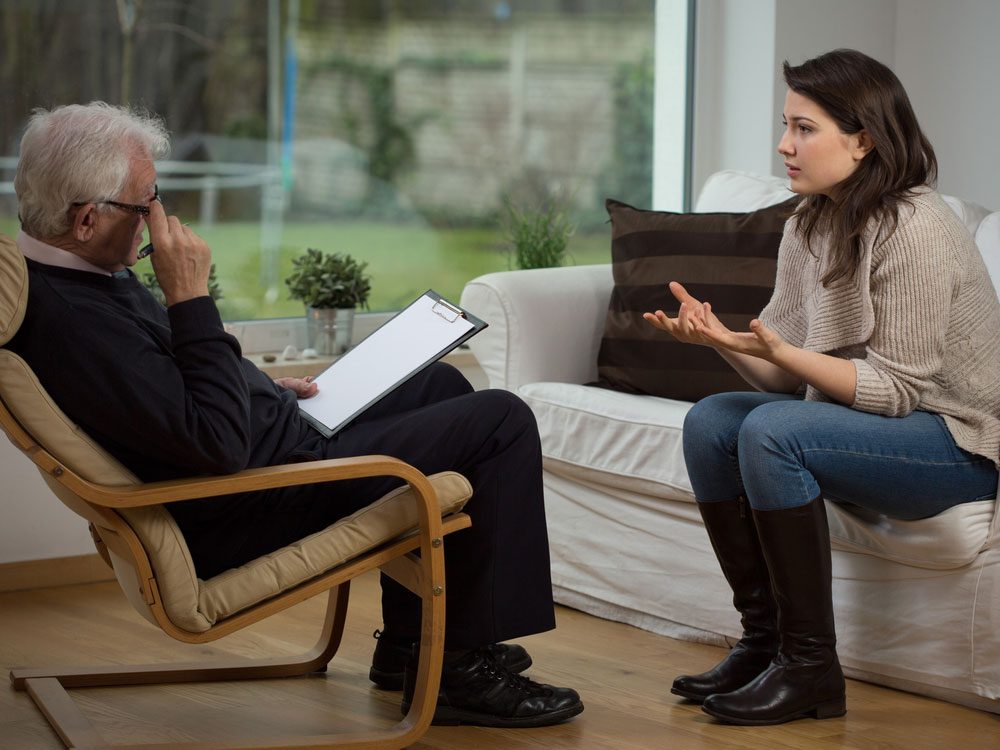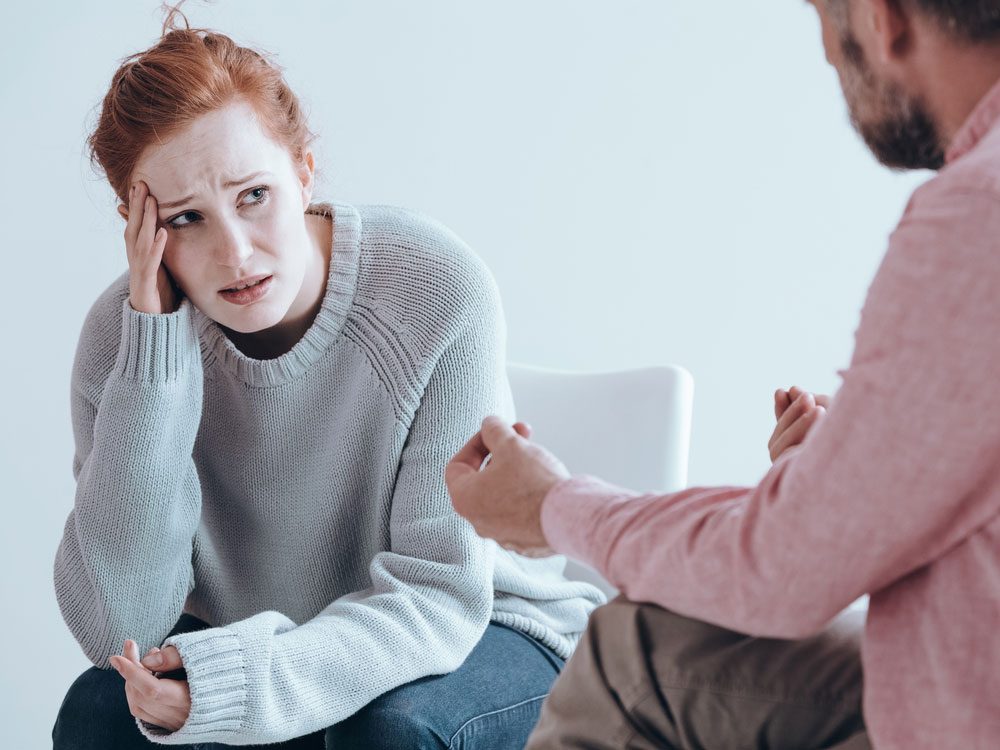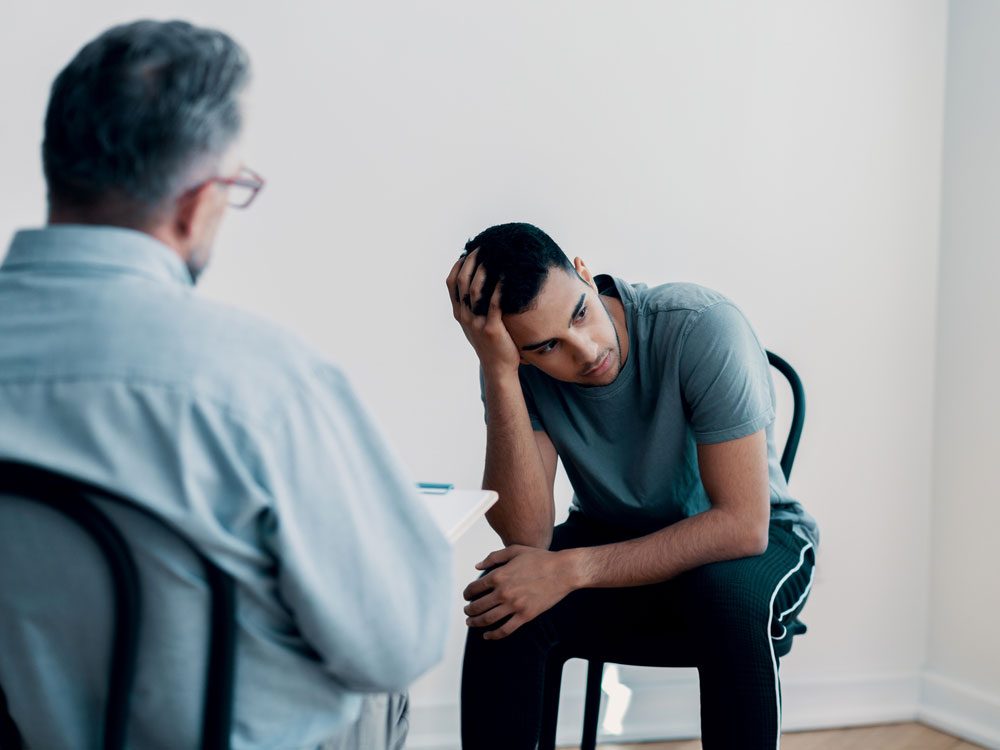
1. We don’t always mean it
Sometimes, when we say, “That’s interesting,” it’s really not. We say that when we get caught thinking about something else.
Here are seven communication skills that will improve your relationships.

2. I don’t say hello for a reason
Don’t take it personally if you see me outside the office and I ignore you. If I’m with someone, introducing you as my patient would violate patient confidentiality.

3. On the other hand…
Do we talk about you at cocktail parties? Absolutely. The stranger your story, the better.

4. Not everything cures itself
Mental illness can damage the brain. You can’t just wait for it to go away. The longer you wait to get treatment, the worse it will get and the greater the chances that prescription drugs won’t work.

5. We sometimes charge on a sliding scale
It never hurts to ask for a lower fee. Some of us will say yes.
Find out Kate Middleton’s message for people who struggle with mental illness.

6. Not everything has a deeper meaning
Long-term therapy makes some patients much more self-absorbed. Some start to believe that every thought and dream they have is important.

7. Sexual fantasies about patients?
Unfortunately, it happens. When it does, it’s very distracting and troubling.

8. My help won’t always be direct
Sometimes I tell you to do the opposite of what I really want you to do. For instance, I might tell you that this week I want you to be really depressed, to think about all the reasons you are depressed each day. It works for two reasons: First, nobody likes to be told what to do. And it helps you realize that you have a choice in how you feel.

9. We’re not yes-men
Please don’t ask things like “Don’t you agree?” If you’re looking for approval, you’re not going to get it. A good counselor is not there to say yes to everything.
People judge you based on these things, according to a Harvard psychologist.

10. It’s all been done
No matter what you tell me, I’ve probably heard it before. You aren’t going to shock me.

11. Really, it’s not you
Unlike with cancer and heart disease, people with mental illness often think it’s their fault. So when they get better, they’re proud of themselves for conquering adversity when, really, it was just the Prozac.
Nicer people are more prone to developing this mental illness—here’s why.

12. Get it straight!
Psychiatrists are doctors who go to medical school. Psychologists usually have a doctoral degree. Both of us can do therapy, but only psychiatrists can prescribe medication.

13. Doing good may be the real solution to your problems
If you feel isolated and alone in the world, I probably can’t cure you in psychotherapy. That is the main issue for a lot of the patients I see. But the best thing you can do is go out in the world and help people.
Next, check out these 30 simple acts of kindness you can do in two minutes or less.
Info compiled by Reader’s Digest from psychologists and psychiatrists in California, Washington, Pennsylvania, and Texas, USA.